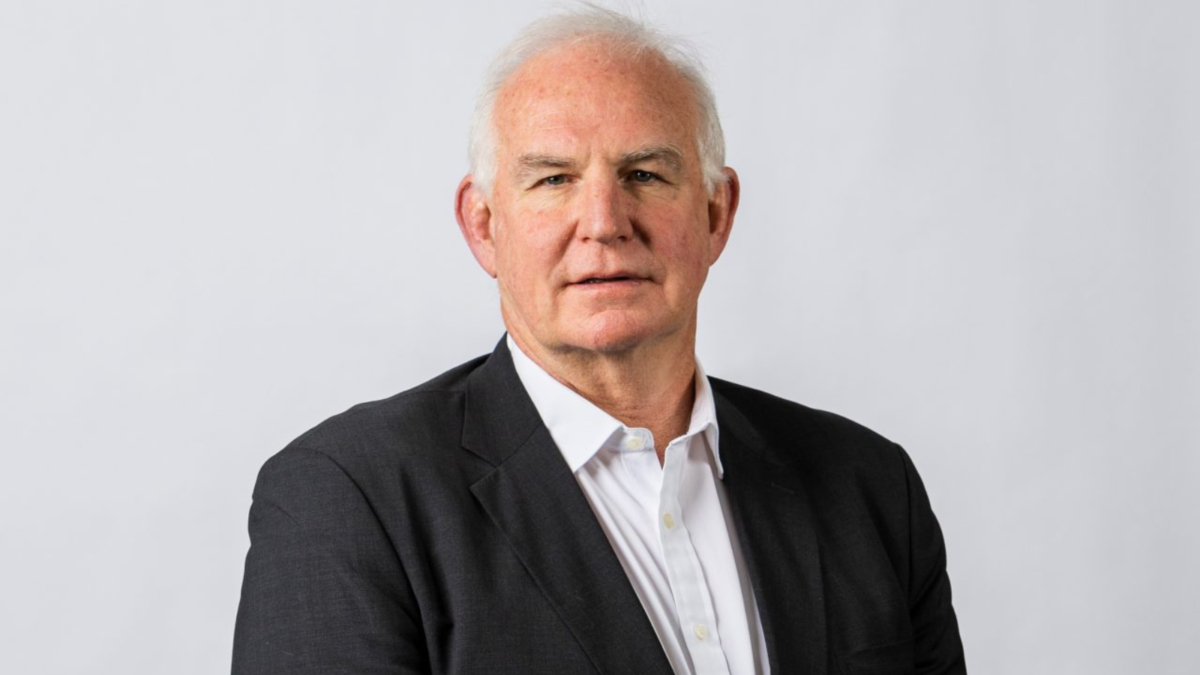-
Sort By
-
Newest
-
Newest
-
Oldest
Hostplus’ young demographics and the mandatory nature of superannuation means it gets “a free kick before every game”. But CIO Sam Sicilia says funds must keep questioning the assumptions that underpin the superannuation system and their relationship to it.
The $85 billion industry fund has poached its new head of infrastructure from Hostplus as it looks to double down on an ambitious new five-year investment strategy.
Mergers aren’t costless and big super can’t necessarily be counted on to clean up the long tail of unsustainable small funds. Solving the problem might require thinking outside the box.
Australian super funds and asset managers shouldn’t ape their international peers when it comes to unlisted investment practice, according to Frontier, and demand for more frequent valuations will ultimately be worn by members.
A number of industry funds have invested in Nuveen’s US Cities Workplace Strategy as they diversify away from traditional real estate and harness thematics related to changing work and life patterns.
Super fund trustees are throwing their full weight behind nation building projects where they feel their funds can get a competitive return, while the Coalition’s competing super for housing policy has been labelled “elitist”.
While there’s widespread suspicion that “financial skullduggery” is afoot in private market valuations, the tricky part is the lack of comparisons in their fastest growing segment.
Big super funds are getting even bigger. But as consolidation continues – and stapling kicks in – they’ve got a new problem that can’t easily be overcome: they’re more alike than different.
Rising demand for global small- and mid-caps has seen Bell Asset Management awarded a $500 million mandate from Hostplus.
“Most of the new capital that’s come into the markets… has been chasing fads,” says David Chan, portfolio manager at MLC Private Equity. “The latest hot opportunity, whether it be an unprofitable tech company that’s growing very rapidly, or a very large scale buyout that’s the headline of tomorrow’s AFR.”














